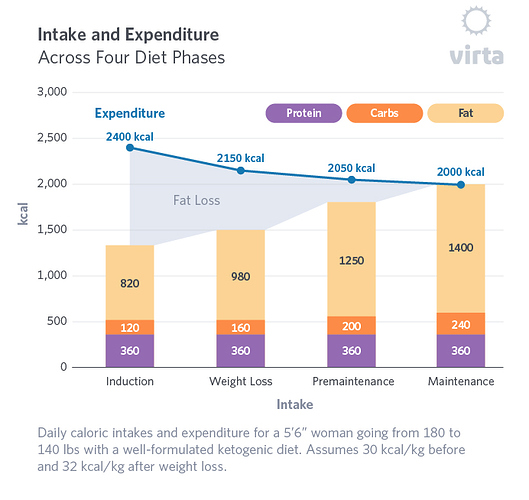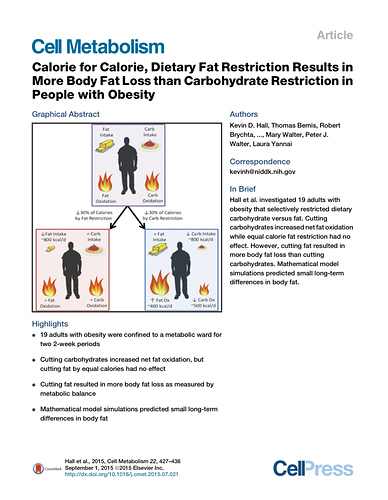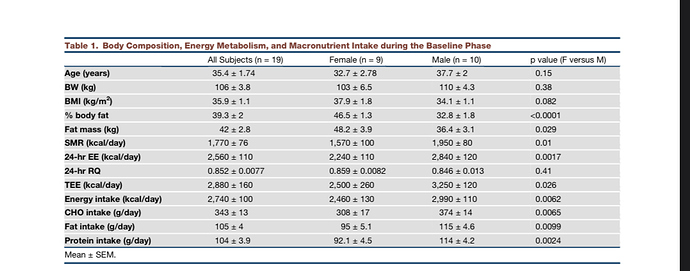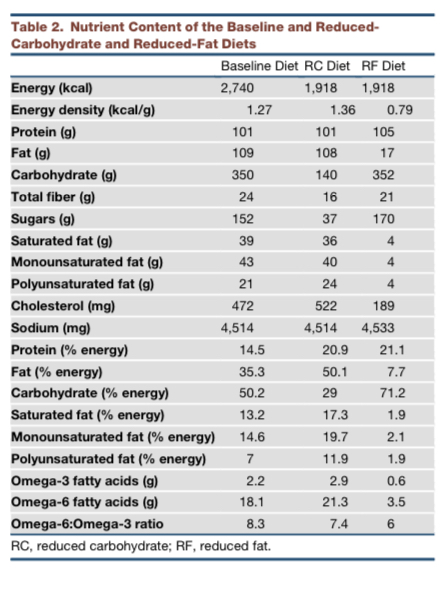You’re not responding to anything I said, but onward… 
Vast amounts of evidence have been provided - yet we’re continually dealing with the pretense that CICO means “a calorie is a calorie,” with nothing more to be considered. How, logically, do you get there from “calories in, calories out,” stated just like that? You cannot do it. We’re counting things. We’re keeping track of things. We’re not saying there is nothing beyond the count that may affect other stuff. Change “calories” to another noun, and it’s going to be the same. The evidence is logic itself.
At first glance, one can tell it’s not “about CICO” or “refuting CICO.” It’s talking about multiple states of CICO, as these 3:
A review of simple thermodynamic principles shows that weight change on isocaloric diets is not expected to be independent of path (metabolism of macronutrients) and indeed such a general principle would be a violation of the second law.
Well…  that’s a hell of a sentence… But yeah - proteins and the thermic effect of food, for example, i.e. CO is going to be different because the energy cost of digesting the food is different. Could make the overall energy balance negative, i.e. weight loss, versus a different diet.
that’s a hell of a sentence… But yeah - proteins and the thermic effect of food, for example, i.e. CO is going to be different because the energy cost of digesting the food is different. Could make the overall energy balance negative, i.e. weight loss, versus a different diet.
Homeostatic mechanisms are able to insure that, a good deal of the time, weight does not fluctuate much with changes in diet – this might be said to be the true “miraculous metabolic effect” – but it is subject to many exceptions.
That’s pretty nebulous - what is “a good deal of the time”? Maybe I need to read the whole thing. Same for “changes in diet;” well, how much change was there? Sheesh… And they make it virtually meaningless by giving themselves the out of “many exceptions.” However, if they are saying that changes in energy expenditure could negate weight change, then that’s obvious. ‘Homeostatic mechanisms’ - this would be CICO changing.
The idea that this is theoretically required in all cases is mistakenly based on equilibrium, reversible conditions that do not hold for living organisms and an insufficient appreciation of the second law. The second law of thermodynamics says that variation of efficiency for different metabolic pathways is to be expected. Thus, ironically the dictum that a “calorie is a calorie” violates the second law of thermodynamics , as a matter of principle.*
I don’t know why they would be saying there would be the idea that it’s theoretically required in all cases. Nobody’s saying that the macronutrients don’t have some differing effects, and nobody’s saying that the human body is a perpetual motion machine or anything like that. There’s always less than 100% efficiency, there’s always going to be some loss, even if very small.
The last sentence there, though - it’s saying that as a matter of principle the various macronutrients must have different losses. I think this is an incorrect assumption. In practice, they do have different losses, but this does not come from any necessary principle, this comes from the physiochemical properties themselves. There’s nothing that says they would have to be different.
Metabolic advantage with low carbohydrate diets is well established in the literature. It does not always occur but the important point is that it can occur. To ignore its possibilities and to not investigate the precise conditions under which it appears would be cutting ourselves off from potential benefit.
Agreed - a more prominent shifting of the energy balance as they mean here, i.e. beneficially and in the case of eating low-carb, is more likely to occur when insulin resistance is a factor. That’s when the “can occur” part has a higher chance of being true.
The extent to which metabolic advantage will have significant impact in treating obesity is unknown and it is widely said in studies of low carbohydrate diets that “more work needs to be done.”
One enormous problem is that studies involving “low-carb” diets often still are much higher in them than a ketogenic diet would be. Geez, cut the carbs down to 40% or 25% or 15% and tell yourself you’re examing the effects of a low-carb diet, huh? 
However, if the misconception is perpetuated that there is a violation of physical laws, that work will not be done, and if done, will go unpublished due to editorial resistance. Attacking the obesity epidemic will involve giving up many old ideas that have not been productive. “A calorie is a calorie” might be a good place to start.
Definitely, nobody should be assuming that the physical laws don’t apply. Matter that we take in and energy that we take in are subject to the physical laws, and they all go somewhere, entropy and all.
 We do “blow stuff up,” however - that we make heat, alone, is proof.
We do “blow stuff up,” however - that we make heat, alone, is proof.
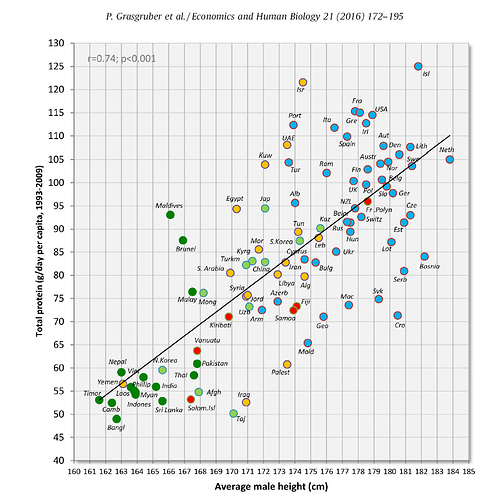

 that’s a hell of a sentence… But yeah - proteins and the thermic effect of food, for example, i.e. CO is going to be different because the energy cost of digesting the food is different. Could make the overall energy balance negative, i.e. weight loss, versus a different diet.
that’s a hell of a sentence… But yeah - proteins and the thermic effect of food, for example, i.e. CO is going to be different because the energy cost of digesting the food is different. Could make the overall energy balance negative, i.e. weight loss, versus a different diet.


 Have to laugh - sometimes it goes that way. Perhaps we should focus more on the real, ‘hard’ science of it?
Have to laugh - sometimes it goes that way. Perhaps we should focus more on the real, ‘hard’ science of it?
